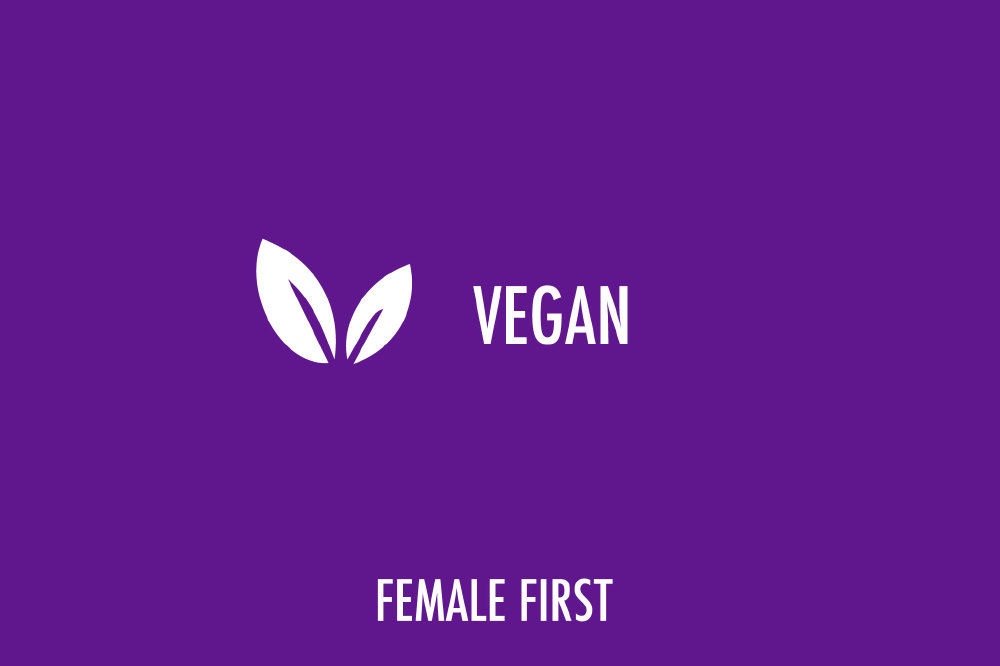It’s estimated that over half a million people in Britain are eating totally plant-based diets. Well-planned vegan diets can support healthy living in people of all ages, but what exactly does ‘well-planned’ mean? Read on to find out more about healthy habits that will help you to get the most out of a vegan diet.

Vegan on Female First
Embrace batch cooking
Batch cooking makes eating well much easier; you’ve always got meals ready to eat or heat up. Here are some plant-based ideas:
- Couscous and chickpea salad
- Bean casserole
- Soya mince Bolognese
Keep your cupboard and freezer stocked up
By storing canned and frozen fruit and veggies, you can still prepare a nutritious meal when the fridge is looking bare.
Make your meals colourful
Eat greens like broccoli and spinach daily to ensure a good intake of vitamin K. Our bodies use carotenoids to make vitamin A, and some of the best sources are orange – sweet potato, carrots, and butternut squash.
Choose higher fibre starchy carbohydrates
Ensure that your meals contain high quality fuel by choosing fibre-rich starchy foods, such as oats, wholemeal bread, wholewheat pasta, and brown rice.
Include good sources of plant protein in most of your meals
It’s easy to get enough protein from plants if most of your meals include good sources, such as beans, chickpeas, lentils, and soya products.
Eat nuts and seeds daily, especially those rich in omega-3 fat
Include a really rich source of essential omega-3 fat in your daily diet, such as ground linseed, or walnuts.
Combine foods rich in iron and vitamin C
The key to getting lots of iron from plants is to combine good sources with foods rich in vitamin C in order to boost iron absorption. Here are some tasty examples:
- Top porridge with ground linseed and raisins, and serve with orange juice
- Eat kiwifruit after a lentil curry
- Add pepper to a bean chilli
Eat really calcium-rich foods at least twice a day
If you avoid dairy, the best alternatives are calcium-fortified plant milk and soya yoghurt, calcium-set tofu (look for calcium in ingredients list), and bread with extra calcium (check nutritional information).
Consider a vitamin and mineral supplement designed for vegans
In the UK, vitamin D supplementation is recommended during autumn and winter as a minimum, and there are vegan-friendly options available – D3 from lichen and D2. Every vegan needs to ensure that they get enough vitamin B12, iodine and selenium. A vitamin and mineral supplement designed for vegans can provide reliable intakes of vitamins B12 and D, iodine and selenium.
Drink plenty of fluid
Wash all these fibre-rich foods down with plenty of fluid. Avoiding tea or coffee with meals may help your body to absorb iron. Water, fruit tea and herbal tea are great options.
If you’re keen to find out more about eating well without animal products, please visit vegansociety.com/nutrition.
By Dietitian Heather Russell, The Vegan Society
Tagged in Vegan The Vegan Society

